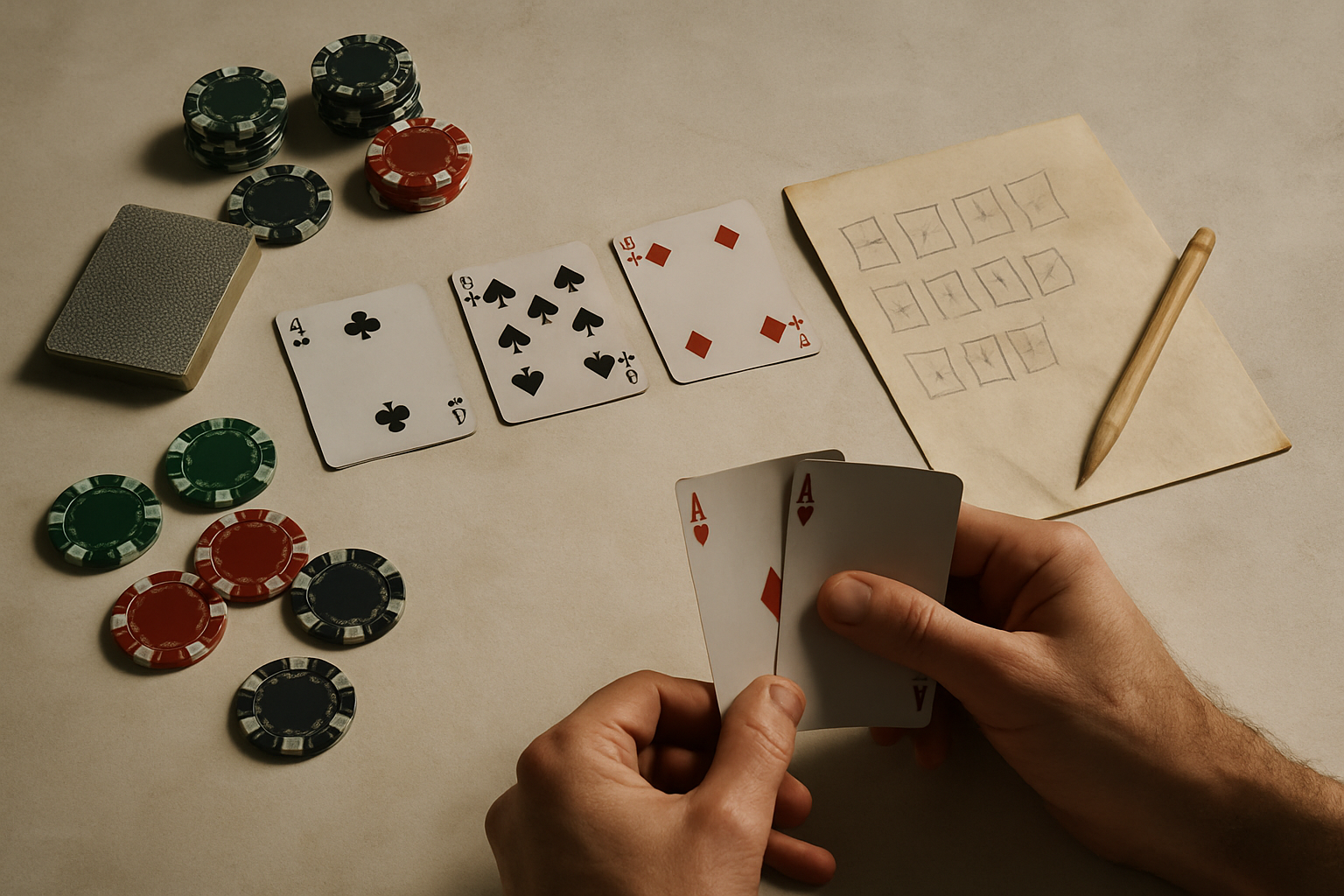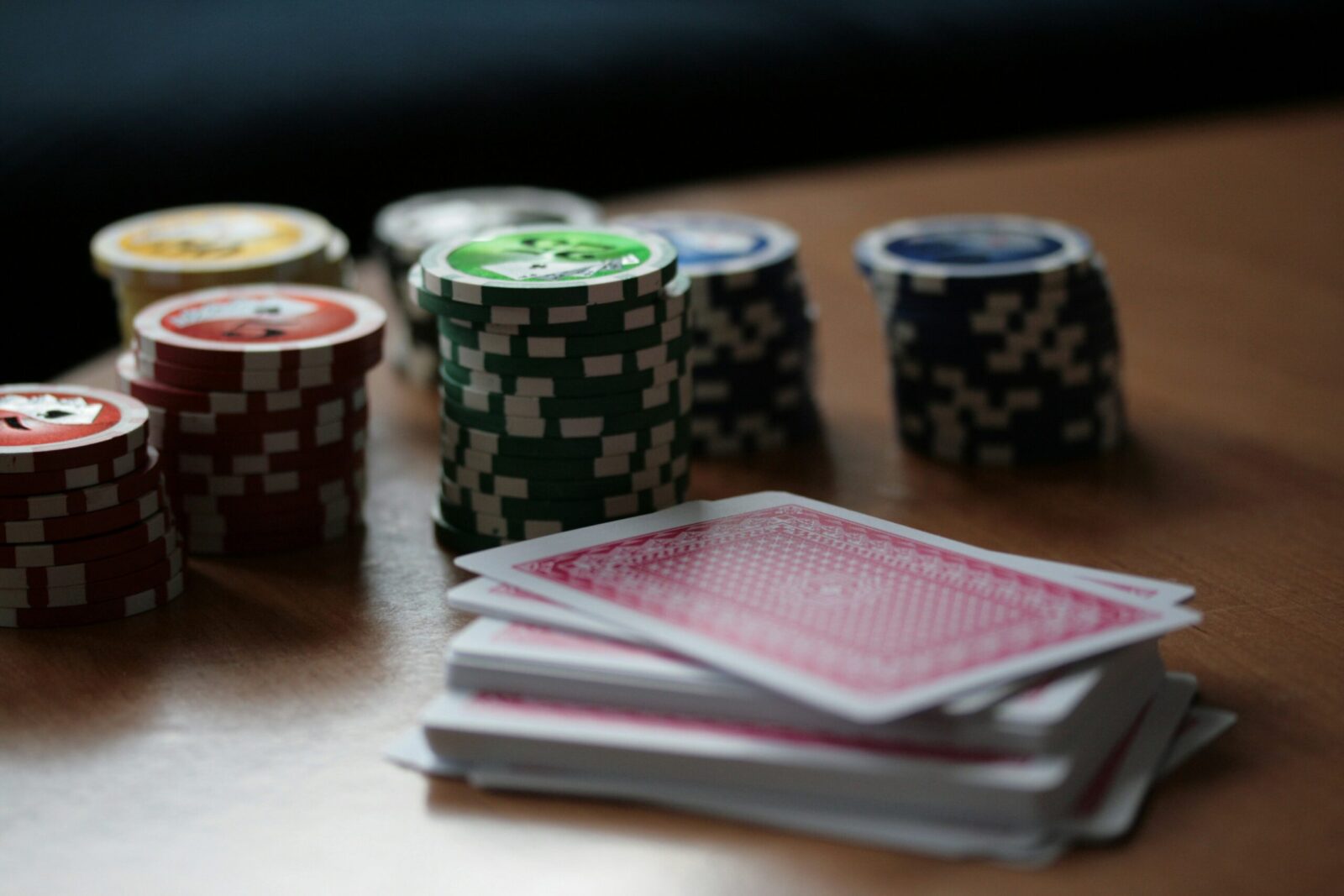Have you ever wondered how some poker players seem to effortlessly lure their opponents into a false sense of security before striking big? In the world of poker, mastering the art of slow playing can be a game-changer.
It’s not just about the cards you hold but how you strategically deceive your opponents to secure a winning hand. As a seasoned player, I’ve learned that slow playing isn’t just about playing hands slowly; it’s a calculated strategy that involves patience, observation, and psychological tactics.
By appearing weak when you’re strong and strong when you’re weak, you can keep your opponents guessing and ultimately come out on top. In this article, I’ll delve into the nuances of slow playing, sharing tips and tricks on how to effectively deceive your opponents, maximize your winnings, and elevate your poker game to the next level.
Get ready to outwit, outplay, and outsmart your competition at the poker table.
Understanding Slow Playing in Poker
In poker, understanding the concept of slow playing is crucial for mastering this deceptive strategy. Slow playing involves under-representing the strength of one’s hand to lure opponents into a false sense of security.
As a player, I recognize that employing this tactic requires patience, astute observation skills, and the ability to leverage psychological maneuvers effectively. Observing the opponents’ behaviors and betting patterns is essential in successful slow playing.
I emphasize the importance of analyzing the table dynamics and recognizing opportune moments to execute this strategy. By appearing weak or disinterested in the current hand, I can entice opponents to bet more aggressively, ultimately falling into the trap I have set for them.
Moreover, slow playing can be a double-edged sword if not executed with precision. While it has the potential to yield significant rewards by maximizing the pot size, mistiming or overusing this strategy can backfire. Therefore, I constantly evaluate the risk-reward ratio and remain mindful of the subtle cues that indicate the optimal times to employ slow playing effectively.
The Psychology Behind Deceiving Opponents
- Analyzing Reactions: Observing how opponents react to slow playing is vital for understanding their strategies and responses, helping you gauge the effectiveness of your deceptive tactics.
- Refining Tactics: By paying attention to player reactions, you can adapt your approach to enhance your ability to deceive opponents and increase your chances of success in the game.
Understanding Non-Verbal Cues
Examining opponents’ non-verbal cues, such as body language, facial expressions, and gestures, is key to unraveling their true intentions. Subtle shifts in posture or fleeting expressions can offer significant clues about their level of confidence or uncertainty in the game.
By keenly observing these non-verbal signals, you can gauge the effectiveness of your slow playing strategy and adjust your gameplay accordingly.
Deciphering Betting Patterns
Deciphering opponents’ betting patterns is another essential aspect of mastering the art of deception in poker. A sudden increase in betting aggression or passive play can indicate how your opponents perceive your strategy.
By interpreting these patterns, you can strategically manipulate the perception of your hand’s strength, enticing opponents to make moves that benefit your gameplay. Adapting to different betting behaviors enhances your ability to control the pace and outcome of the game, giving you a competitive edge at the table.
Strategies for Successful Slow Playing
Strategies for successful slow playing involve a blend of patience, observation, and psychological acuity. When employing this deceptive tactic, I must stay vigilant and tuned into my opponents’ behaviors. It’s crucial to create a facade of weakness, enticing rivals to overcommit to the pot.
Observing opponents’ betting patterns is key in identifying the opportune moments to initiate a slow play. I watch for deviations from their norm and pounce when they display signs of uncertainty or aggressiveness.
Adapting my approach based on these observations can turn the tide in my favor. Mastering the art of slow playing also requires a deep understanding of psychology. By analyzing opponents’ reactions to my subtle moves, I gain valuable insights into their state of mind.
Detecting subtle cues like shifts in body language or fleeting facial expressions allows me to gauge their confidence levels and adjust my strategy accordingly. Deciphering opponents’ betting patterns provides a window into their perception of my gameplay.
This insight empowers me to manipulate their actions and capitalize on their missteps. However, a word of caution: precision is paramount in executing a successful slow play. Any misstep in timing or execution can lead to the strategy backfiring.
Honing my skills in slow playing through strategic observation and psychological analysis enhances my overall poker game. By carefully implementing these strategies, I increase my chances of outwitting opponents, maximizing pot size, and reaping the rewards of this calculated deception.
Mastering the Art of Patience
Poker is a game of strategy, where patience can be a player’s greatest asset. When it comes to mastering the art of patience in slow playing, it’s crucial to stay focused and observant. By keeping a cool demeanor and carefully observing your opponents’ moves, you can create opportunities to deceive them effectively.
In slow playing, patience is not just about waiting for the right moment; it’s also about setting traps and baiting your opponents. By appearing passive or weak when you actually hold a strong hand, you can lure your rivals into making aggressive bets, ultimately increasing the size of the pot.
I leverage my patience to observe my opponents closely, analyzing their behaviors and betting patterns to identify vulnerabilities. This keen awareness allows me to strike at the perfect moment, catching them off guard and leading them to overcommit to the pot.
In the realm of slow playing, precision is key. One wrong move or premature action can ruin the deception. By honing my skills in patience and observation, I enhance my ability to outwit opponents, maximize winnings, and elevate my poker game to new heights.




